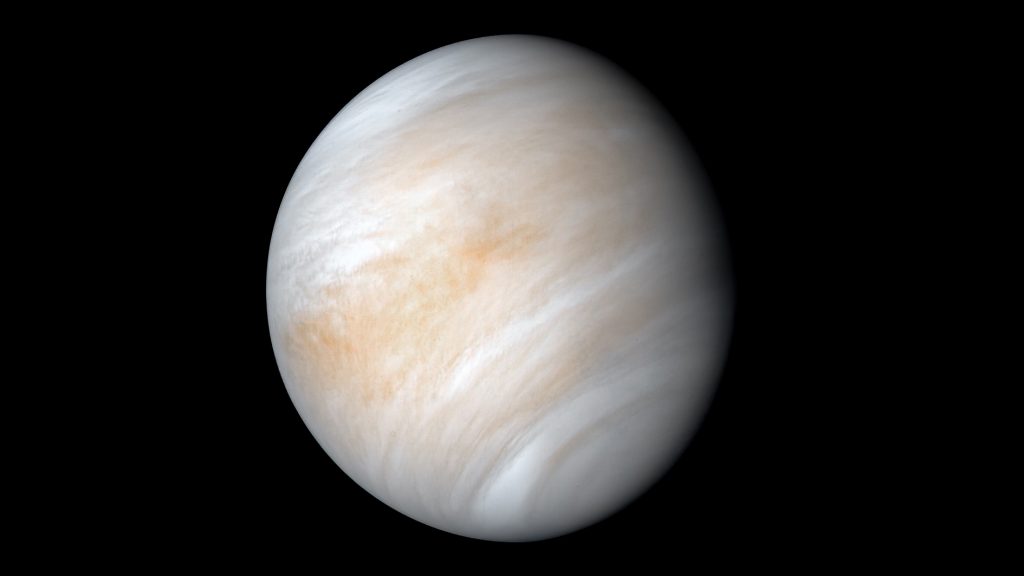 The discovery of phosphine gas in the atmosphere of Venus means there could be life there, since phosphine gas on earth is made by microorganisms that live in oxygen-free environments. This has excited Anglican Primate Linda Nicholls and Archbishop Mark MacDonald. Regrettably, no phosphine gas whatsoever has been detected in the Anglican Church of Canada, a similar oxygen-free environment.
The discovery of phosphine gas in the atmosphere of Venus means there could be life there, since phosphine gas on earth is made by microorganisms that live in oxygen-free environments. This has excited Anglican Primate Linda Nicholls and Archbishop Mark MacDonald. Regrettably, no phosphine gas whatsoever has been detected in the Anglican Church of Canada, a similar oxygen-free environment.
Mark MacDonald, overcome with joy at the discovery, made this ecstatic, if incoherent, pronouncement: “It is in concert with an Indigenous-informed, Christ- and Spirit-infused view of this universe.” The Indigenous microbes of Venus have not welcomed the comment yet because they are still trying to find out what it means.
Linda Nicholls, not one to waste an opportunity provided by the discovery of galactic microbes, sees this as an excuse to promote her green crusade:
“She did, however, see the discovery announced Monday as one more cause for humans to be mindful of their place in creation and of their responsibility to it.
Nicholls goes on to muse that galactic microbes might be more important than humans made in the image of God. And they wonder why the Anglican church is in decline:
“It should also remind us that human beings are a part of that creation—with particular capacity to create and destroy—but we are not the only or best part!
Read it all here.


At least it’s not phosgene (which is a chemical weapon), even though some media outlets are reporting that it is. Would that also be a sign of life?
Seriously, without a lot more evidence, this is an argument from silence, which leads to wrong answers far more often than to correct answers.